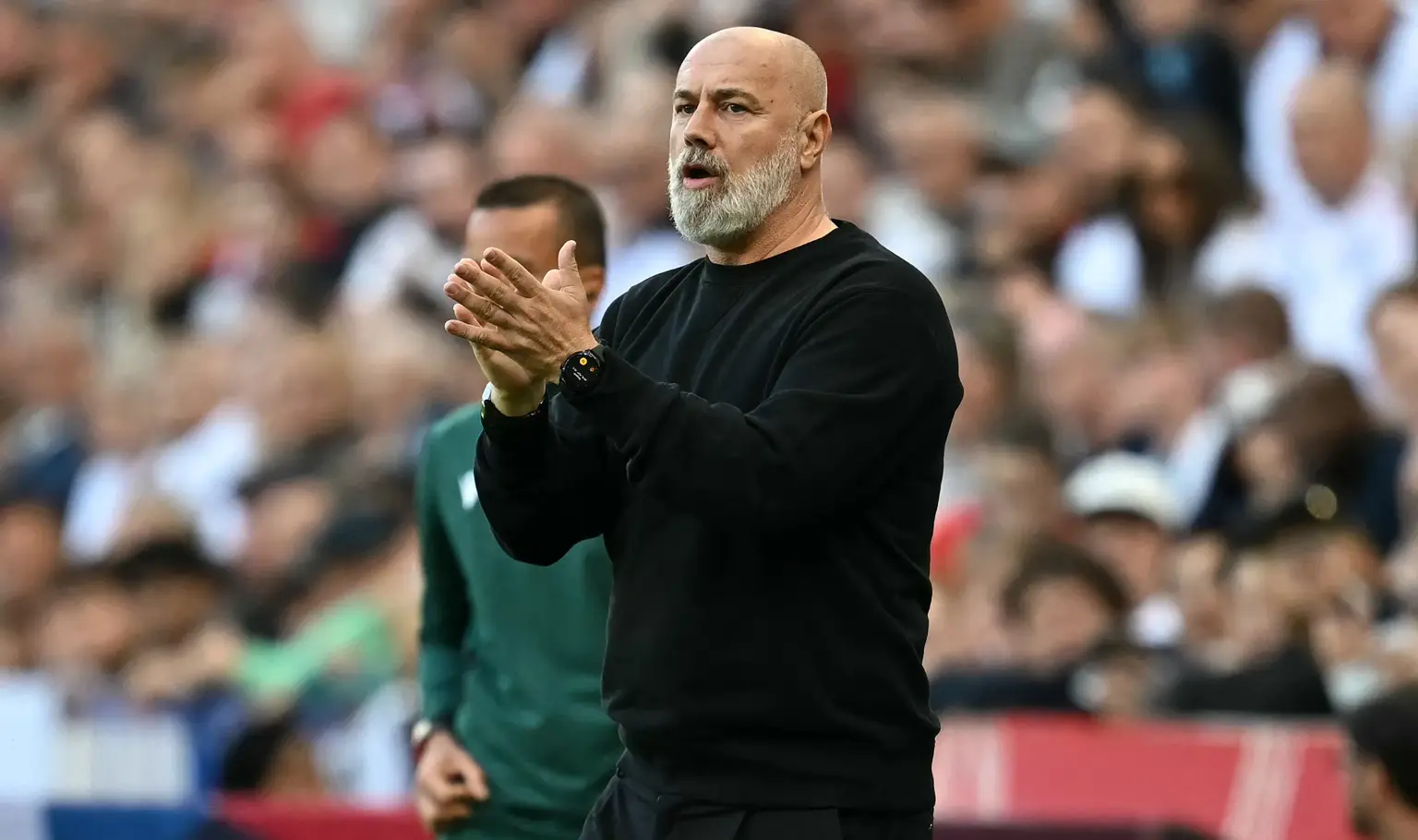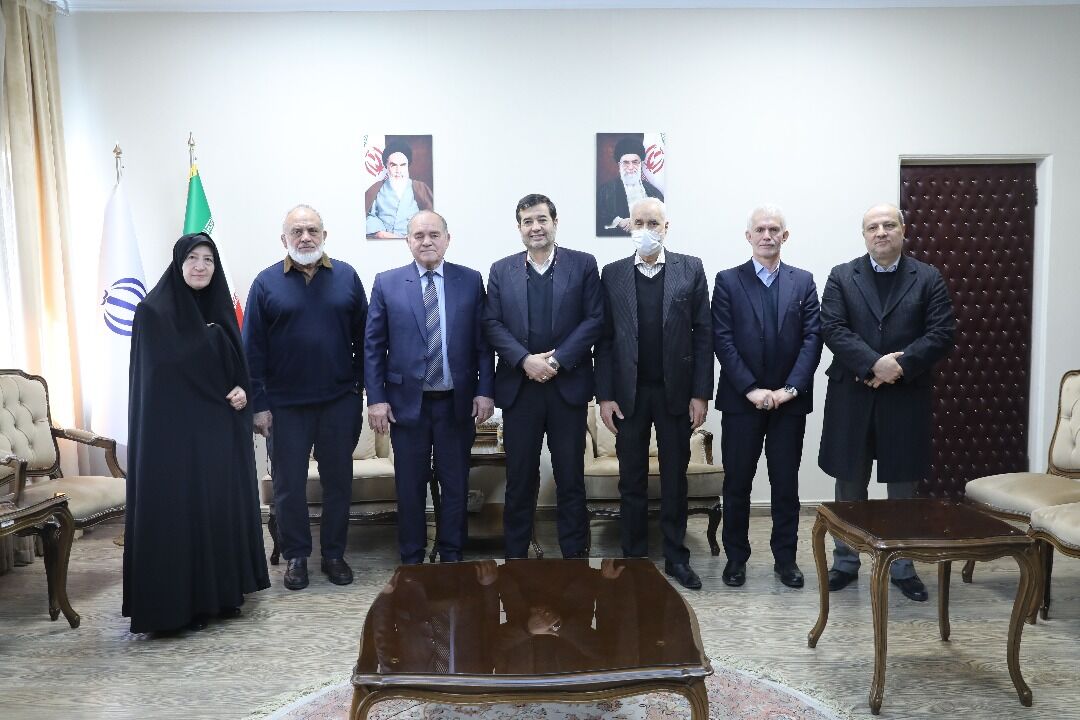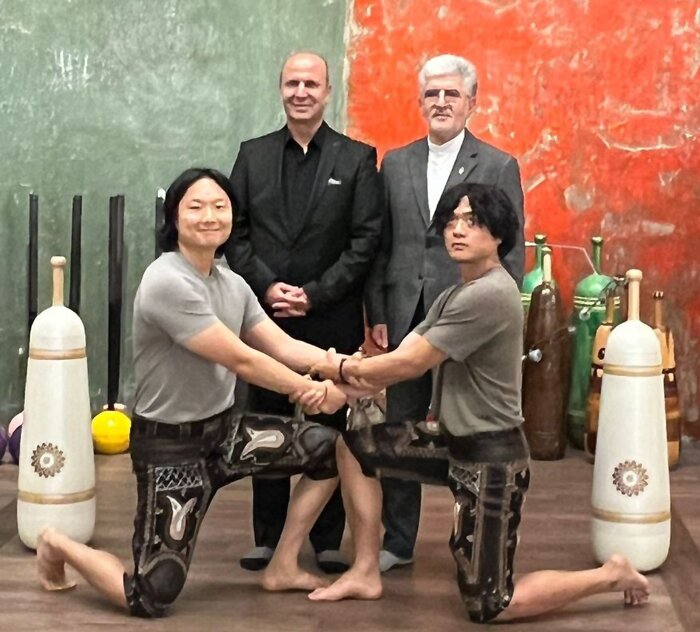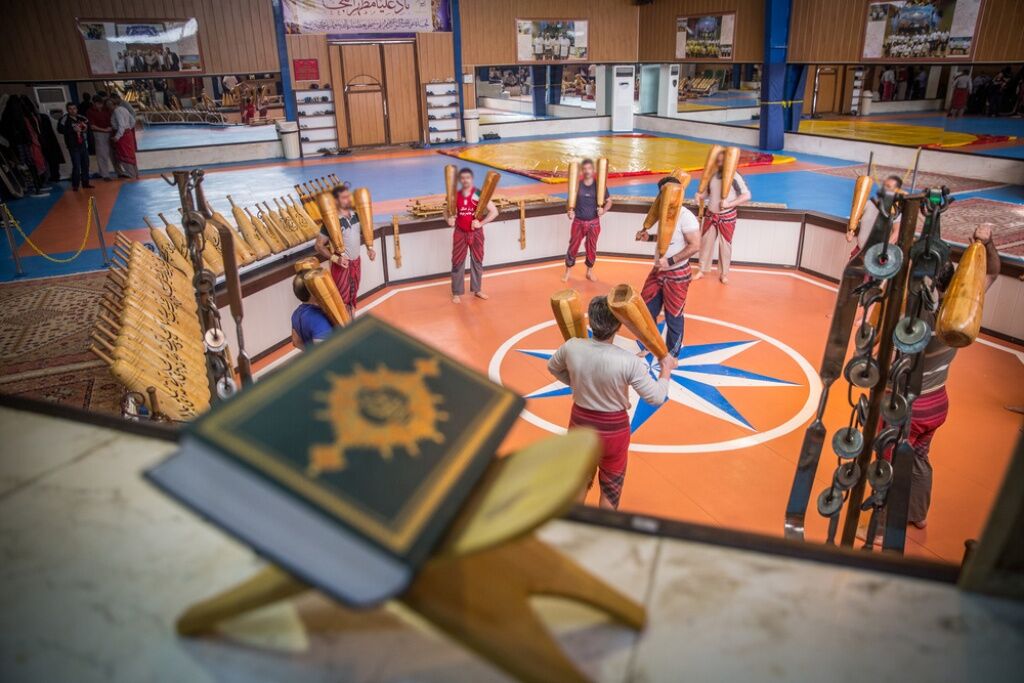The Bosnia and Herzegovina national team is undergoing a transition. Following years of ups and downs, the Dragons are embarking on a new path in an attempt to turn the dream of another FIFA World Cup™ appearance into reality.
Their only participation at the World Cup – or any major tournament for that matter – was over a decade ago, when Safet Susic led them to Brazil 2014. Since then, though, they have failed to finish above third in a qualification group, while tasting play-off heartbreak in each of the last four UEFA EURO qualifying campaigns.
To change this trend, the federation is focusing on a new generation of players and a coach deeply connected to Bosnian football in the shape of Sergej Barbarez, who won 47 caps for the national side. The former forward, who was appointed last April, sat down with FIFA to discuss his time in charge, the development of his squad, the “invaluable” experience of Edin Dzeko, FIFA World Cup 26™ qualifying and more.
FIFA: You’ve been in charge of Bosnia and Herzegovina for almost a year, in what is your first role as a coach. How has the experience been so far?
Sergej Barbarez: Becoming the head coach of my national team is a great honour and an enormous responsibility. I am most proud of the atmosphere and unity we have built within the team. Today, our squad breathes as one. We have managed to strengthen the identity of the national team and, I would say, reignite the fans’ belief, which is priceless to me.
What kind of football would you like to see from your team during the World Cup qualifiers?
I want us to continue our journey of building the team and to qualify for a major tournament. That would be a gift not only for us but for the entire Bosnia and Herzegovina.
What was your initial reaction after drawing Austria, Romania, Cyprus and San Marino in FIFA World Cup 26 qualifying?
This is a continuation of our journey and a group that gives us hope. I want us to be competitive from the beginning, although we must not forget that Austria and Romania participated in the last Euros. These are strong teams, teams on the rise, especially Austria. We have respect for them, as well as for the other teams in the group. Against every opponent, we must have the right approach if we want to achieve great results.
You avoided some of the biggest names, but Austria have been making great progress over recent years. What’s your opinion on them?
They are a very good team that will be a great challenge for us. They have an excellent coach who is doing a really good job with the Austrian national team. We respect them, but we also know that we have our own qualities, and I am sure that my players will give their all against Austria, as well as against the other opponents.
After the expansion of the World Cup, there are now more places available for European teams. How do you fancy your chances to qualify for World Cup 26?
It is clear that this increases our chances of qualifying for the World Cup, but it remains a very difficult task. The Bosnia and Herzegovina national team has participated in a major tournament only once in its history, and we all want to repeat that success. It will be tough, but we will give our maximum.
Sometimes there are many weeks in between matches for you. How do you use that time? Your players are playing in many different countries, how do you keep up with how they are doing?
My staff and I are constantly on the road, watching our players’ club matches and having many conversations with them. It’s a job that requires a lot of energy, but we are doing something we love, so it doesn’t feel difficult for us. We always have information about the condition of our players because we are in constant contact with them.
You once said that your country is “very emotional”. Can you explain the advantages and disadvantages of that?
Bosnia and Herzegovina is a very emotional country, and that reflects in our football as well. The advantage of this is the incredible passion and motivation our players and fans bring. When we channel that emotion in the right way, it gives us extra energy, fighting spirit, and a strong sense of unity on the pitch. Our players take great pride in representing their country, and that can be a powerful driving force. On the other hand, emotions can sometimes be difficult to control, especially in high-pressure situations. But in general it has more advantages than disadvantages.
What’s it like working with such a young squad?
Working with such a young squad is both exciting and challenging. Young players bring a lot of energy, passion, and a strong desire to prove themselves, which is great for the team’s atmosphere and competitiveness. At the same time, they are still developing, so it’s important to guide them, help them grow, and make sure they understand what it means to represent Bosnia and Herzegovina at the highest level. I see a lot of potential in this team, and my job is to shape that potential into a strong, united squad that can compete at the highest level.
How does the team benefit from the vast experience of Edin Dzeko?
Edin Dzeko’s experience is invaluable to our team. He has played at the highest level for years, competed in the biggest leagues and tournaments, and knows exactly what it takes to succeed. He is also very important for our younger players who look up to him. He sets the standard with his professionalism, work ethic, and winning mentality.
Last year you played twice against Germany. What was your impression of Julian Nagelsmann’s team?
Germany is always a top-level team, and facing them twice last year was a great challenge for us. Julian Nagelsmann has done an impressive job with the team; they play a very organised and dynamic style of football. It’s clear that Nagelsmann has instilled a sense of discipline and fluidity in their play. For us, it was a valuable experience, and we were able to learn a lot from those matches.
- نویسنده : محمد مهدی اسماعیلی رها































Thursday, 29 January , 2026